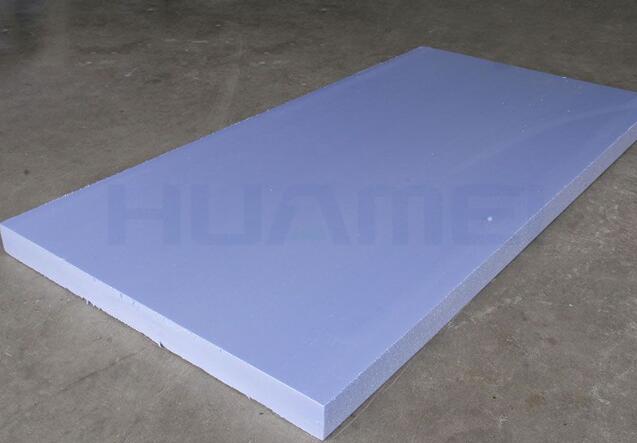Non-combustible insulation refers to materials that do not burn or contribute to the spread of fire. These materials are designed to provide thermal insulation without being a fire hazard. Some examples of non-combustible insulation materials include:
Mineral Wool: Mineral wool, also known as rock wool or slag wool, is made from natural minerals like basalt or diabase. It is non-combustible and has excellent fire-resistant properties.

Fiberglass: Fiberglass insulation is made from fine glass fibers and is non-combustible. It is widely used in residential and commercial buildings for its thermal insulation properties.
Cellular Glass: Cellular glass insulation is composed of crushed glass combined with a foaming agent. It is non-combustible and has excellent resistance to fire and moisture.
Calcium Silicate: Calcium silicate insulation is made from sand, lime, and reinforcing fibers. It is non-combustible and suitable for high-temperature applications.
Foamed Glass: Foamed glass insulation is produced by adding a foaming agent to molten glass and then cooling it rapidly to create a cellular structure. It is non-combustible and has good thermal insulation properties.
These materials are often used in construction where fire safety is a concern, such as in walls, floors, and ceilings, to help prevent the spread of flames and reduce the risk of fire-related damage.
Previous: Yuchai YC215 Midi Excavator
Next: What is the recommended drying time for Gypsum Self-leveling compounds?
Copyright:@2020-2021
Comments Please sign in or sign up to post.
0
0 of 500 characters used